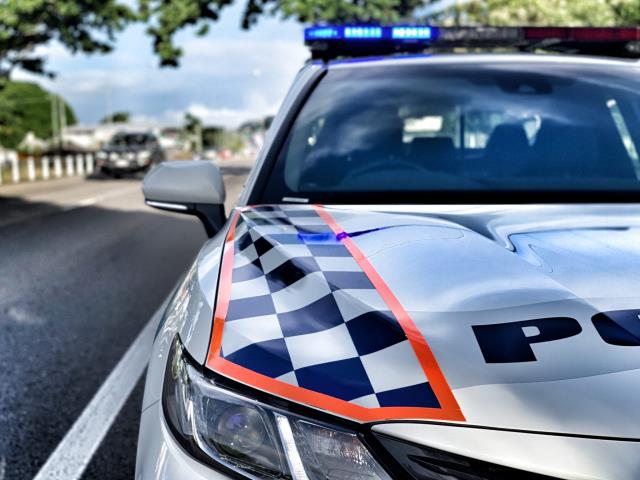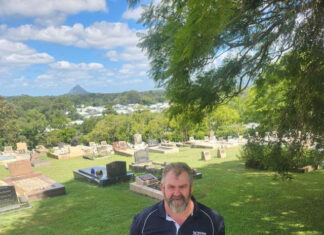A traffic blitz in the Wide Bay Burnett district has resulted in more than 1200 infringements, with police targeting dangerous driving behaviours.
As part of a targeted operation to improve road safety outcomes, officers conducted 7246 Roadside Breath Tests between 31 January and 25 February, resulting in 13 motorists being charged with drink driving offences and 37 motorists returning positive Roadside Drug Tests.
Police issued 851 traffic infringement notices for speeding, including seven for driving more than 40 km/h over the speed limit.
Seven people were issued traffic infringement notices for using their mobile phone while driving, 16 for failing to wear a seatbelt, and 10 for driving without a licence.
In one case, a motorbike rider was allegedly detected travelling at 163km/h in a 100km/h zone, upon inspection the motorcycle was also found to have defects. A 22-year-old Urangan man was issued a traffic infringement notice for high-end speeding.
Acting Inspector Gareth Bosley from Road Policing Group said the “Wide Bay Burnett District has seen six fewer lives lost on roads this year compared to the same period last year”.
“However, some of the driving behaviours seen by police were alarming.
“In two instances police cars were forced off the road by other vehicles overtaking illegally. Unfortunately, in all too many instances, this is how lives are lost.
“Also of concern was that in several instances, unmarked police cars were overtaken by other drivers travelling at high speed
“The operational results prove these strategies are effective in disrupting dangerous behaviour on our roads and police will continue to target these irresponsible behaviours for everybody’s safety,” Acting Inspector Bosley said.
“There was a 40 per cent reduction in total crashes in the last month during the conduct of this operation.
“One life lost is too many and whilst people continue to drive irresponsibly, placing others, their passengers and themselves at risk of death or serious injury, police will continue to deliver targeted operations to keep reducing road trauma.”









